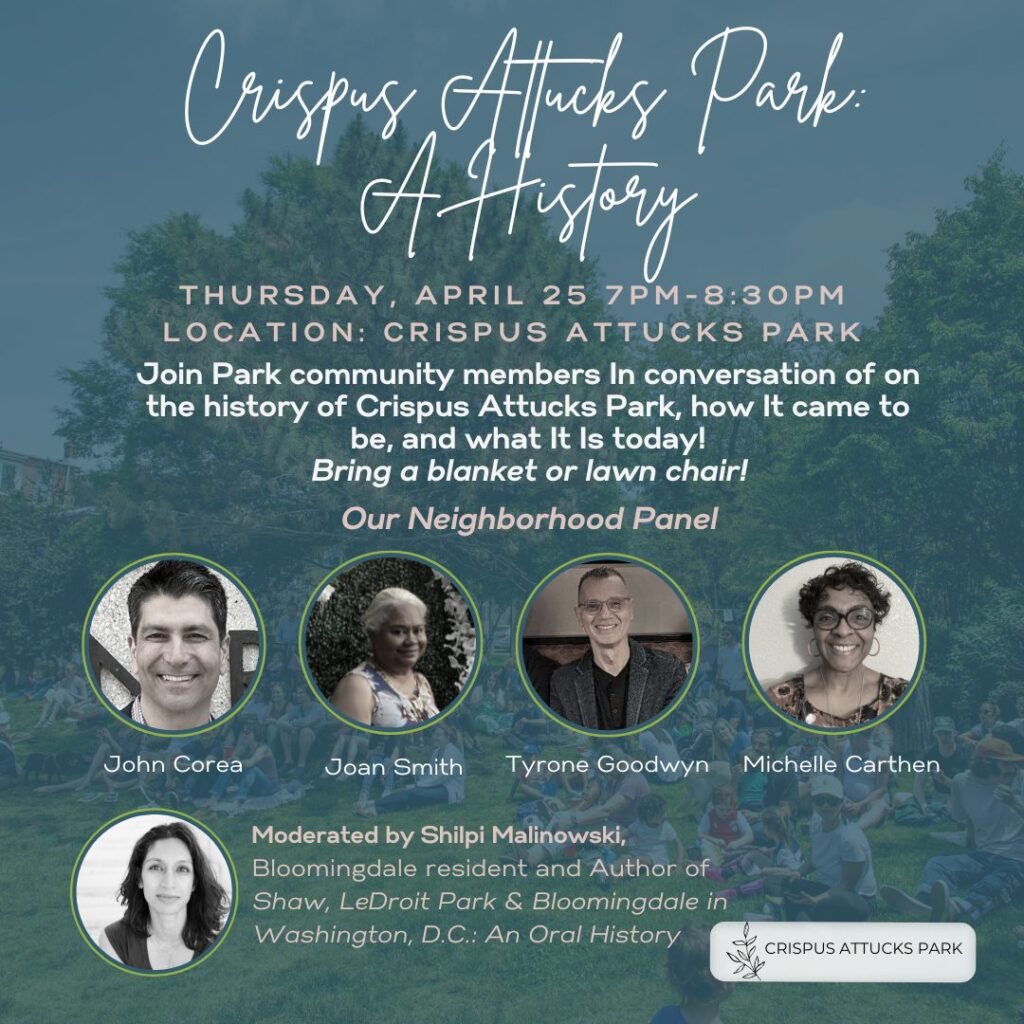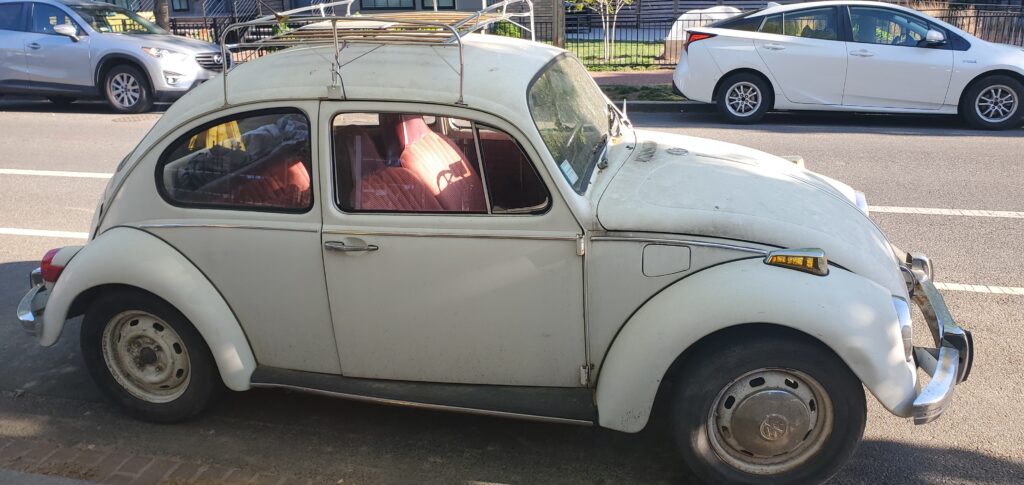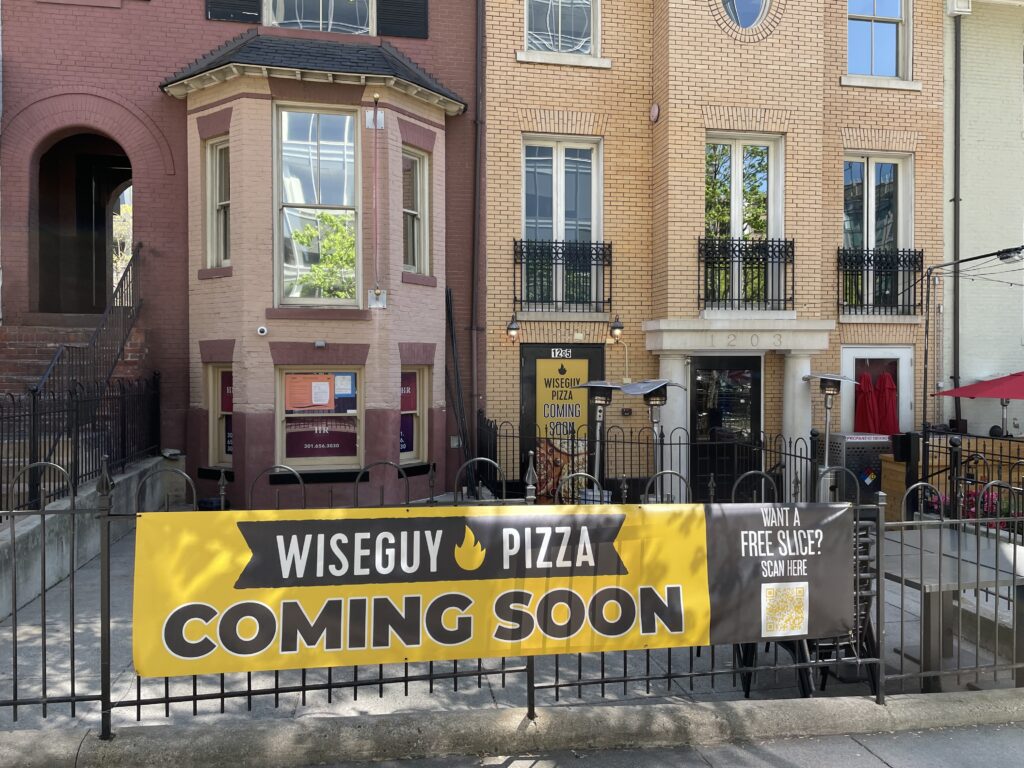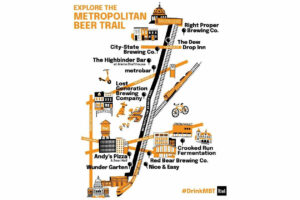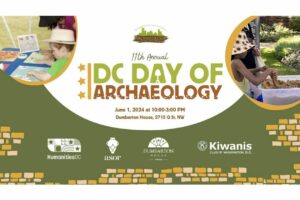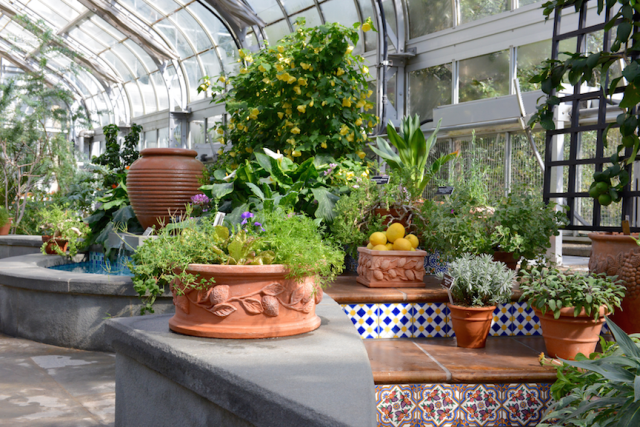
courtesy U.S. Botanic Garden
From a press release:
“A new Conservatory room focused on the plants of the world’s five areas with Mediterranean climates opens to the public today at the United States Botanic Garden (USBG) in Washington, DC. Named for the climate of Europe’s Mediterranean Basin, four other locations – California, Chile, South Africa, and Australia – share this climate known for its hot, dry summers and mild, wet winters. More than 10% of all known plants are found in Mediterranean areas.
“We are thrilled to showcase the amazing flora of Mediterranean regions, which are some of the most diverse habitats in the world,” said Ari Novy, executive director. “Beyond their ecological value, the Mediterranean regions have given us some of nature’s most enjoyable bounty including olives, figs, and wine. The fruits of the Mediterranean have truly enhanced both our health and cuisines.”
The new Conservatory room features plants native to or commonly cultivated in Mediterranean climates, including olive, lemon, fig, pomegranate, lavender, rosemary, mandarin orange, bougainvillea, Chilean wine palm, and many more. These regions provide a great diversity of food crops vital to feeding the growing world population. Important agricultural crops such as wheat, wine grapes, and olives are all emblematic of Europe’s Mediterranean Basin. Eating a Mediterranean diet has been associated with measurable health benefits including longer life spans, lower average body weights, and reduction of risks of heart disease, stroke, Parkinson’s disease, Alzheimer’s disease, and certain cancers.
A large, 53-foot watercolor mural of plants and land- and seascapes from Mediterranean areas, created by the USBG’s resident illustrator, fills an entire wall behind the plants on one side. Across from the mural, brightly colored Mediterranean tiles line tiered steps and the inside of a fountain, evoking a traditional Mediterranean garden. This is the first time a room has been re-themed since the Conservatory reopened in 2001 after renovation. The USBG is planning programs and activities related to food, agriculture, conservation, and plants of the Mediterranean regions.
The U.S. Botanic Garden is open to the public, free of charge, every day of the year from 10 a.m. to 5 p.m. The Conservatory is located at 100 Maryland Ave. SW, on the southwest side of the U.S. Capitol.“
Recent Stories

Photo by Beau Finley Ed. Note: If this was you, please email [email protected] so I can put you in touch with OP. “Dear PoPville, Him, dapper chap with a light…
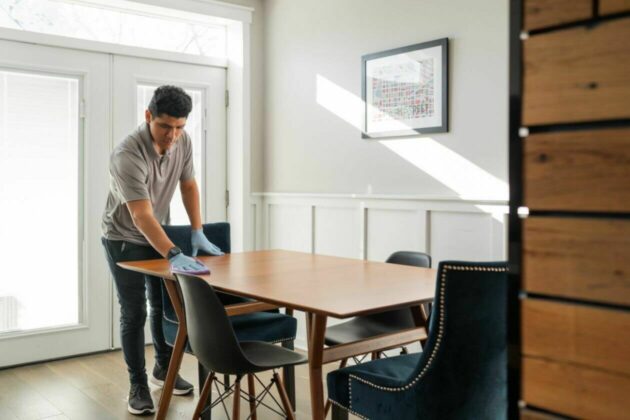
For many remote workers, a messy home is distracting.
You’re getting pulled into meetings, and your unread emails keep ticking up. But you can’t focus because pet hair tumbleweeds keep floating across the floor, your desk has a fine layer of dust and you keep your video off in meetings so no one sees the chaos behind you.
It’s no secret a dirty home is distracting and even adds stress to your life. And who has the energy to clean after work? That’s why it’s smart to enlist the help of professionals, like Well-Paid Maids.

Unlock Peace of Mind for Your Family! Join our FREE Estate Planning Webinar for Parents.
🗓️ Date: April 25, 2024
🕗 Time: 8:00 p.m.
Metropolitan Beer Trail Passport
The Metropolitan Beer Trail free passport links 11 of Washington, DC’s most popular local craft breweries and bars. Starting on April 27 – December 31, 2024, Metropolitan Beer Trail passport holders will earn 100 points when checking in at the
DC Day of Archaeology Festival
The annual DC Day of Archaeology Festival gathers archaeologists from Washington, DC, Maryland, and Virginia together to talk about our local history and heritage. Talk to archaeologists in person and learn more about archaeological science and the past of our


